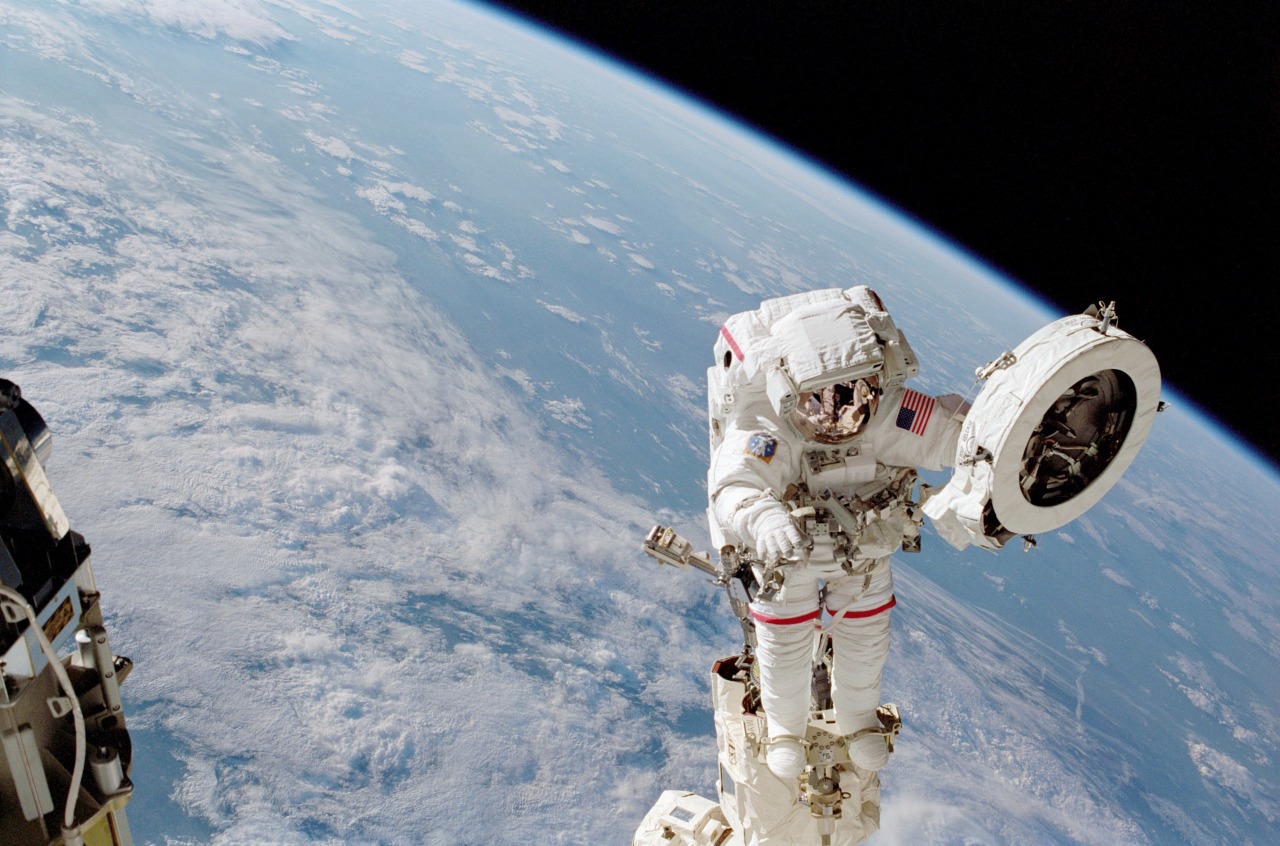Have you ever wondered if you have what it takes to become a NASA Astronaut? The term “astronaut” derives from the Greek word meaning “space sailor,” and refers to all who have been launched as crew members aboard NASA spacecraft bound for orbit and beyond.
Here are a few myths about becoming an astronaut:
MYTH
- All astronauts have piloting experience.
- All astronauts have perfect vision.
- All astronauts have advanced degrees like a Ph.D.
- Astronauts are required to have military experience in order to be selected.
- You have to be a certain age in order to be an astronaut.
FACT
- You don’t need to be a pilot to be an astronaut. Flying experience is not a requirement but could be beneficial to have.
- It’s okay if you don’t have 20/20 vision. As of September 2007, corrective surgical procedures of the eye (PRK and LASIK), are now allowed, providing at least 1 year has passed since the date of the procedure with no permanent adverse after-effects.
- While a Bachelor’s degree from an accredited university is necessary, an advanced degree is not required to become an astronaut.
- Military experience is not required to become an astronaut.
- There are no age restrictions. Astronaut candidates selected in the past have ranged between the ages of 26 and 46, with the average age being 34.
What are the requirements?
Applicants must meet the following minimum requirements before submitting an application.
- Bachelor’s degree from an accredited institution in engineering, biological science, physical science, or mathematics.
- Degree must be followed by at least 3 years of related, progressively responsible, professional experience or at least 1,000 pilot-in-command times in jet aircraft. An advanced degree is desirable and may be substituted for experience as follows: master’s degree = 1 year of experience, doctoral degree = 3 years of experience. Teaching experience, including experience at the K - 12 levels, is considered to be qualifying experience for the Astronaut Candidate position; provided the degree is in a Science, Engineering, or Mathematics field.
Ability to pass the NASA Astronaut physical, which includes the following specific requirements:
- Distant and near visual acuity: Must be correctable to 20/20, each eye
- The refractive surgical procedures of the eye, PRK, and LASIK are allowed, providing at least 1 year has passed since the date of the procedure with no permanent adverse after-effects. For those applicants under final consideration, an operative report on the surgical procedure will be requested.
Signs You Might Be Ready to Apply to be an Astronaut
- You Don’t Mind Having Roommates: When you’re an astronaut, you have to work and live with your crewmates for extended periods of time. It’s important to the mission and your safety that everyone can collaborate and work together.
- You love space: If the Milky Way, planets, and space travel don’t excite you then this might not be the perfect job for you. But if you love galaxies, space station research, and deep space exploration, then maybe you should take a look at our application.
- Adventure Doesn’t Scare You: Being an astronaut means that you get to take part in adventures that most people will never experience. Imagine: sitting on the launch pad in the Orion spacecraft, atop a rocket that’s getting ready to launch. You’ll travel farther into space than any other humans have been and help push the boundaries of technology in the proving ground of deep space lunar orbits, leading the way for future missions to Mars.
- You Want to be on the Cutting Edge of Science: Not only do astronauts get to travel to space, but they also get to conduct really cool research in microgravity. Did you know that they grew Zinnia flowers on the International Space Station? This research could help with our future deep space exploration and could teach us a few things about growing plants on Earth.
- You’re Not Afraid of Heights: One of the coolest things about being an astronaut is that you get to go to space. At the very least, you’ll travel to the International Space Station, which is 250 miles above Earth. Or, you could be one of the first astronauts to travel to a distant asteroid or even Mars.




0 Comments